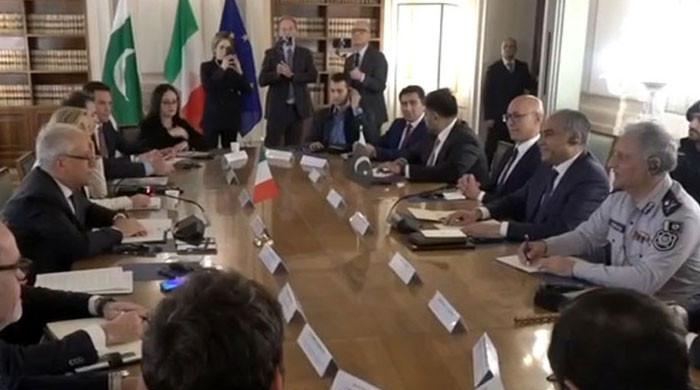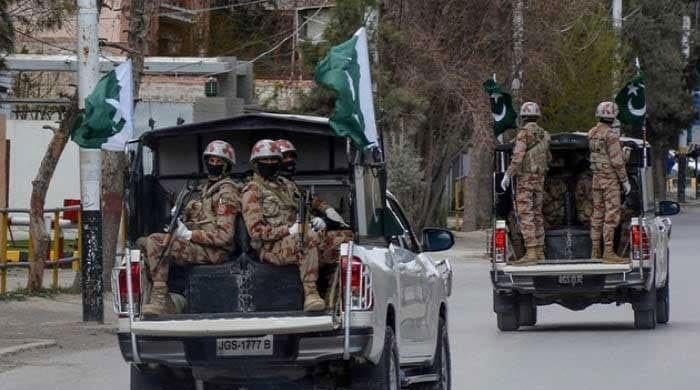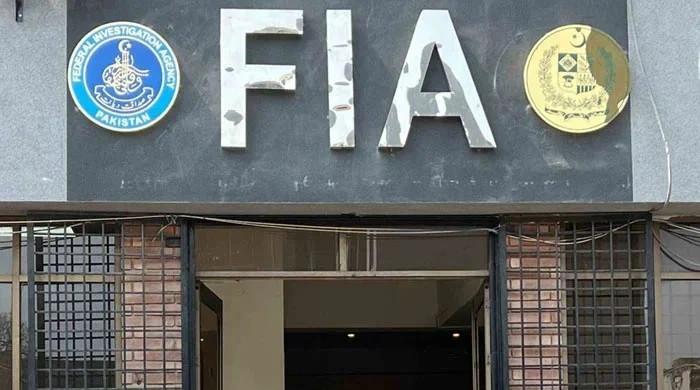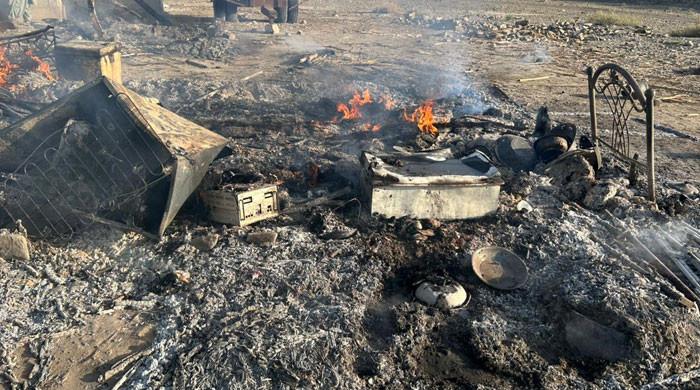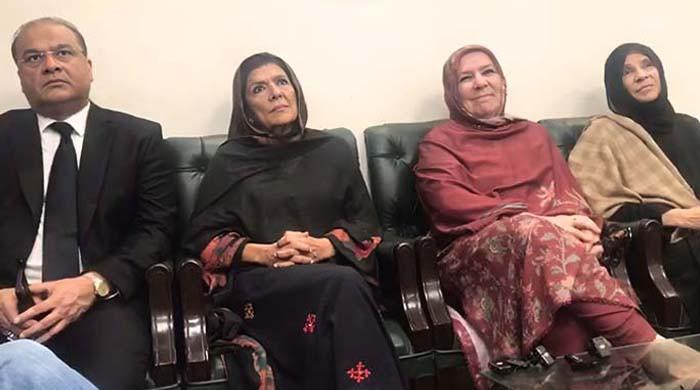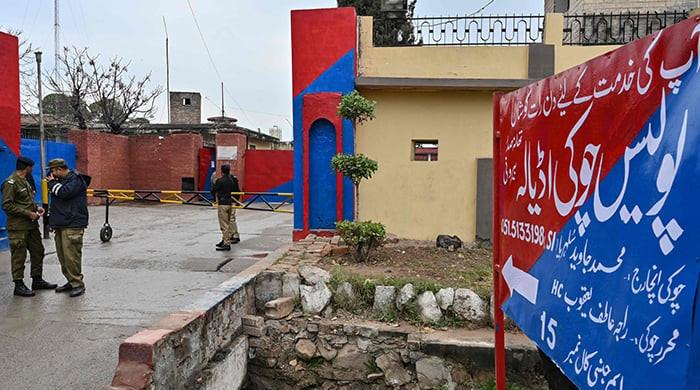'Seek assistance in pursuit of peace via dialogue, diplomacy,' Bilawal tells US media
"We're all a lot less safe as a result of this conflict than we were before," says ex-foreign minister
June 12, 2025
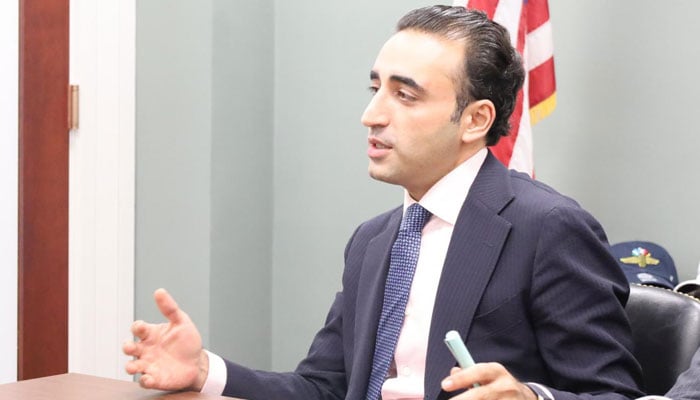
- Bilawal thanks US govt, Trump, Rubio, for helping secure ceasefire.
- Calls for continued support for peace thru' dialogue and diplomacy.
- Warns that region is now less safe than before due to recent conflict.
Pakistan's former foreign minister Bilawal Bhutto-Zardari has warned US lawmakers and diplomats that the risk of full-scale war with India is higher than ever, stressing that recent Indian actions have "dangerously lowered the threshold" for armed conflict in the region.
His warning came after escalations between Pakistan and India following an attack in Pahalgam, located in Indian Illegally Occupied Kashmir (IIOJK).
Speaking to the New York Post in an exclusive interview, the 36-year-old chairman of the Pakistan Peoples Party (PPP) expressed gratitude for Washington’s role in securing a ceasefire.
“We’re incredibly grateful for the role that the US government — President Trump, Secretary [of State] Marco Rubio — created throughout this crisis in helping us all achieve this ceasefire,” said Bilawal.
“But our message has been that the ceasefire is a start. But, it is only a start, and what we seek is assistance in our pursuit of peace through dialogue and diplomacy.”
Bilawal went on to say that the region was not as safe as it used to be before because of India's unilateral measures. “We’re all a lot less safe as a result of this conflict than we were before,” said the young PPP chief.
“The threshold of full-out military conflict between Pakistan and India has been drastically lowered — the lowest it has ever been in our history, as a result of this conflict.”
On April 22, terrorists killed at least 26 civilians in the IIOJK's Pahalgam. New Delhi accused Islamabad of orchestrating the attack, a claim denied by the Pakistani leaders.
After the incident, India, acting unilaterally, launched an operation and killed several innocent civilians in unprovoked attacks on Pakistan. After three days of sustained unprovoked attacks from the Indian forces, Pakistan’s armed forces retaliated with successful Operation Bunyan-um-Marsoos, which Islamabad said was carried out in self-defence.
Pakistan downed six IAF fighter jets, including three Rafale, and dozens of drones. After at least 87 hours, the war between the two nuclear-armed nations ended on May 10 with a ceasefire agreement brokered by the United States.
Since the Pahalgam incident, Islamabad has repeatedly urged India to share credible evidence with the Pakistani authorities and called for an impartial and independent probe by international organisations.
Speaking in London on June 9, Bilawal said: “India accused Pakistan of involvement in the Pahalgam attack without any evidence. We offered an independent international inquiry into the incident.”
The Pakistani delegation that visited Washington last week said that Pakistan was open to working with India on counterterrorism efforts. However, they firmly denied any involvement in the recent IIOJK attack.
“The Prime Minister of Pakistan offered an impartial international inquiry because we were confident that Pakistan is not involved in this terrorist incident,” Zardari said.
“The international intelligence community endorses this view.”
“As things stand now, if there’s a terrorist attack anywhere in India,” he went on, “it immediately means war, and the law of reciprocation means, therefore, if there’s a terrorist attack in Pakistan, we are to also treat it as an act of war.”
The young politician also warned that India’s threat to block Pakistan’s water supply was a serious issue, calling it “an existential matter” and saying it would be seen as “an act of war.”
“If we are to engage in a new dialogue with India, make new promises with one another that could potentially lead to new treaties, then it’s very important that they abide by the old treaties like the Indus Water Treaty,” he said.
Following visits to Washington, New York and London, the top-level parliamentary delegation from Islamabad has reached Brussels.
The nine-member delegation led by Bilawal will hold meetings with senior officials of the European Union and Belgium during its visit to Brussels.
Tasked with highlighting New Delhi's provocations and aggression against Islamabad, the delegation will inform the European authorities about India’s anti-Pakistan intentions and aggressive actions. Along with the European authorities, the delegation is also scheduled to meet leading European think tanks and international media representatives in Brussels.




